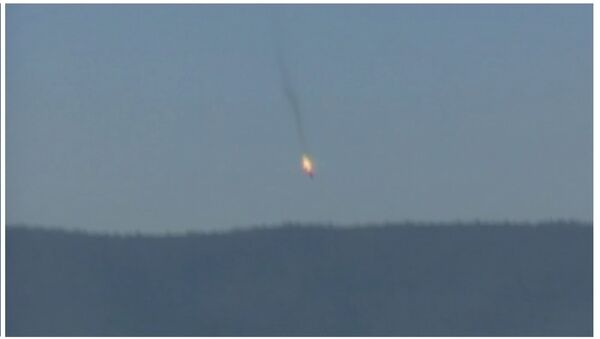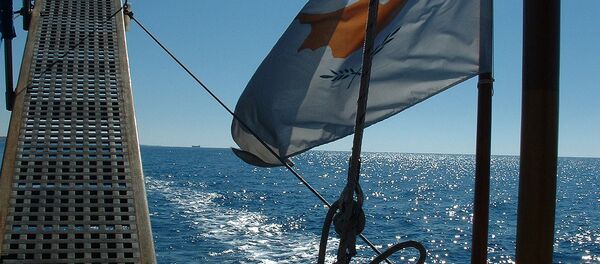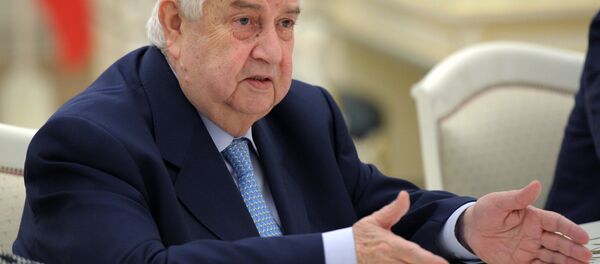He specifically drew attention to the fact that the incident took place on the eve of Russian Foreign Minister Sergei Lavrov's visit to Turkey, which has already been cancelled.
Sezer described the incident as a "big surprise for Turkish society," saying that "people are disturbed by the news about the downing of the Russian warplane."
"Although everyone wants the incident to fail to damage our deep relationship, it may become a turning point for these ties, which will in turn ride roughshod over the economic interests of both countries," Sezer pointed out.
In 2014 alone, 4.48 million Russian tourists visited Turkey, according to Today's Zaman, a Turkish newspaper.
Muscovites protest downing of Su-24 outside Turkish embassy Subscribe for updates: https://t.co/HnUeXWHZOV https://t.co/1BvH0haeNg
— Ruptly (@Ruptly) 25 ноября 2015
According to Sezer, Turkish President Recep Tayyip Erdogan "is under the pressure of NATO and the United States", which are not interested in the development of Russo-Turkish relations.
Lavrov says Russia has indications downing of SU-24 "preplanned provocation" FOLLOW LIVE: https://t.co/7vohnERTRM https://t.co/XqeG74fYg0
— Ruptly (@Ruptly) 25 ноября 2015
At the same time, Sezer expressed hope that the two countries will be able to defuse the ongoing tensions.
Russian President Vladimir Putin reacted to the Turkish downing of the Russian warplane by describing it as a "stab in the back by accomplices of terrorists."
He stressed that Russian pilots were in no way a threat to Turkey, something that Putin said was "an obvious fact."
He added that the Su-24 incident in Syria had crossed the line in the conventional war against terrorism.




